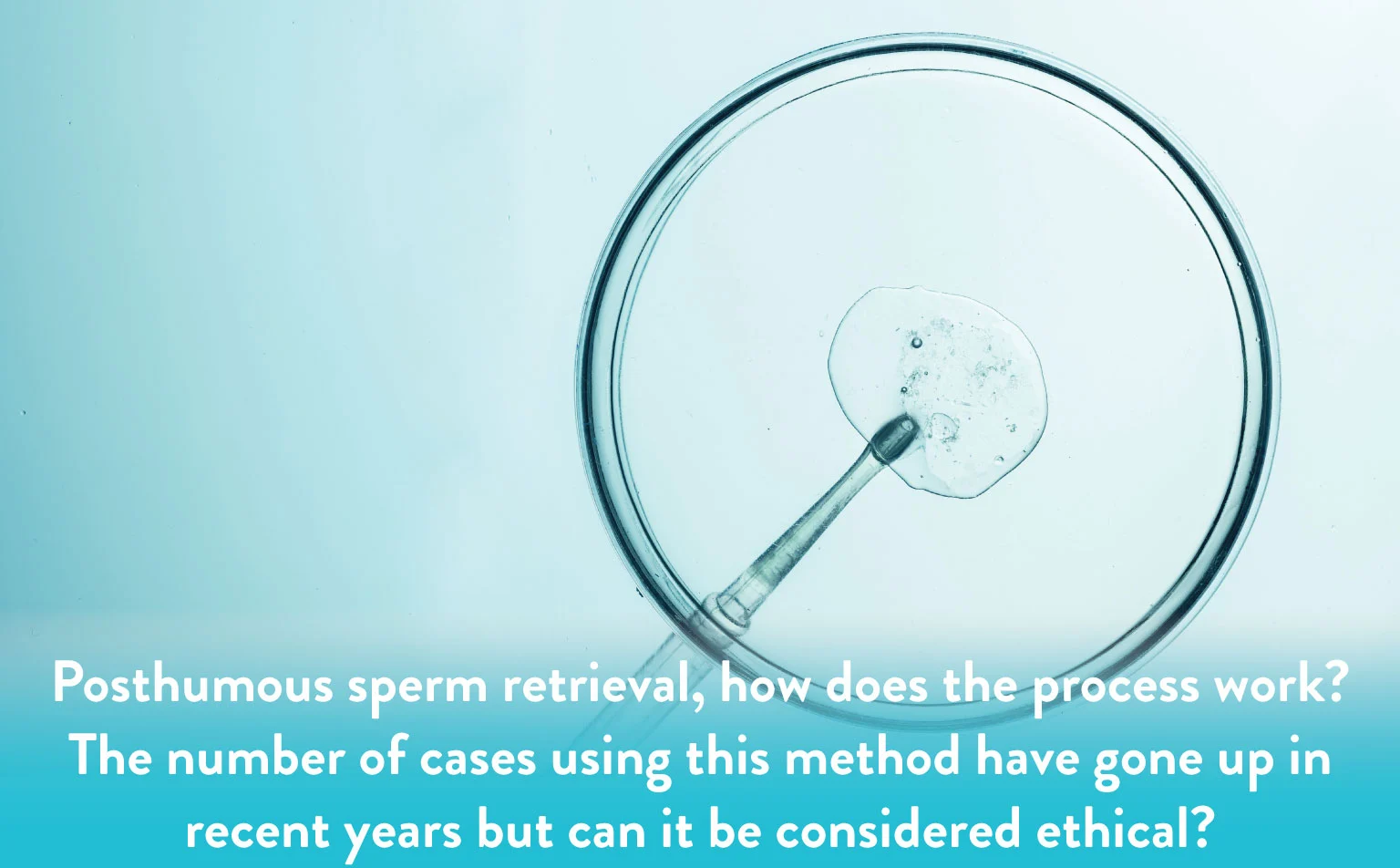
Posthumous sperm retrieval involves collecting sperm from a deceased man for potential use in fertility treatments. The process typically requires consent from the deceased or their family, and must be conducted promptly after death.
Ethics: This practice raises ethical questions about consent, the wishes of the deceased, and the future use of the sperm. It’s important to ensure that all legal and moral guidelines are followed.
Considerations: Legal requirements vary by jurisdiction, and family consent is often necessary. Psychological impacts on surviving relatives and the potential implications for future children should also be carefully considered.
Navigating these aspects with sensitivity and adherence to ethical standards is crucial for handling posthumous sperm retrieval responsibly.